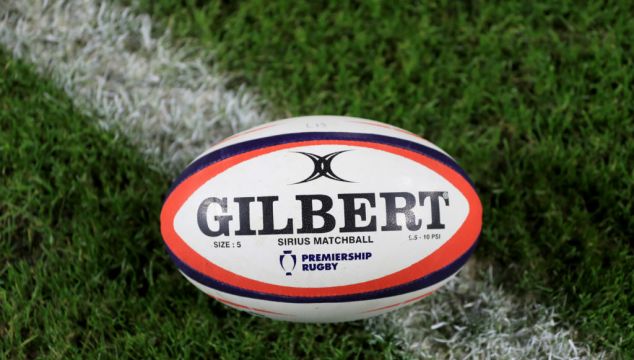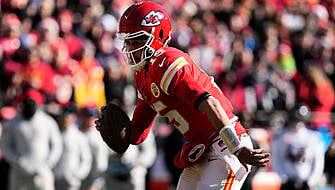Smart ball technology will be used for the first time in a live match officiating capacity during the World Rugby Under-20 Championship next month.
Developed by Sportable and Gilbert, the ball is tracked in 3D and real-time with beacons positioned around the pitch to determine the exact position of the ball up to 20 times per second.
This enables officials to be provided with immediate feedback on every kick, pass and throw, World Rugby said.
World Rugby partnering with Gilbert & Sportable to undertake world's first trial of smart ball technology in an officiating capacity.
✅ Closed trial at U20 Championship
✅ 5 aspects of law to be includedhttps://t.co/Q67PqDc76u #rugby via @worldrugby @Sportable @GILBERT_RUGBY— World Rugby Media (@worldrugbymedia) May 17, 2023
Advertisement
Areas it will cover at the tournament trial in South Africa include whether a ball has been passed forward, whether the ball is over the try-line, whether the ball has been touched in flight, where touch has been found and whether a lineout throw was straight.
A direct feed will be made available to the television match official, who will use information to inform the referee.
It is not anticipated, though, that the smart ball will feature at Rugby World Cup in France later this year in terms of supporting officials.
This is due to “the emerging nature of the technology and the need to undertake a full review of outcomes before determining next steps,” World Rugby added.
World Rugby’s director of rugby Phil Davies said: “A fast game is a good game, and it is right that we explore technology that has the potential to help aid the flow of the game, reduce stoppage time and speed up match official decision-making.

“Rugby refereeing is perhaps the most difficult officiating job in sport.
“There are multiple decisions or non-decisions that are made at any given moment, and the advancement of broadcast and social media means that such decisions are poured over long after the event.
“The evolution of smart ball technology opens the door to assist match officials in reaching accurate decisions more quickly, removing subjectivity and reducing the chance of error.”







